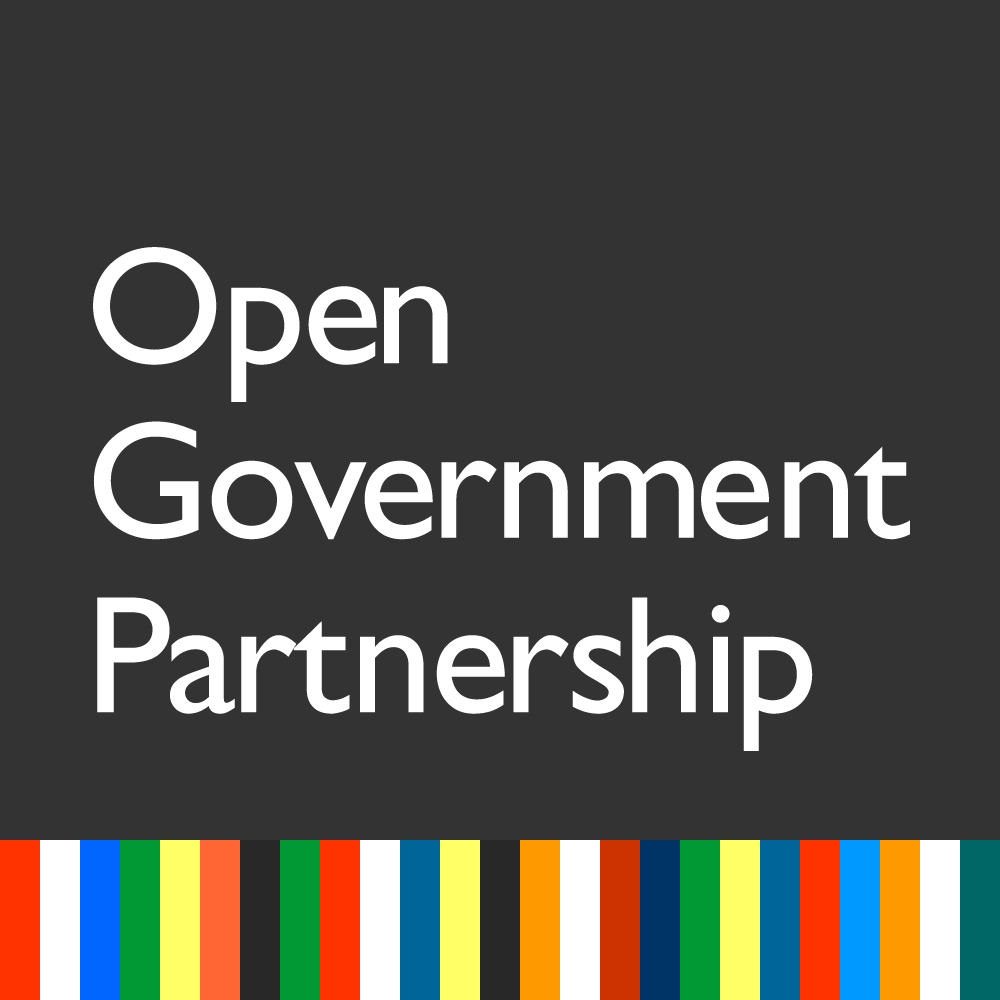NEWS
August 15, 2018

IN BRIEF
By Bakhtawar Khalid Public service delivery is the way citizens experience governance, while accountability is characterized by authorities being held liable for poor governance. For example, citizens of Pakistan tend to experience exploitation at the hands of different government departments due to procedural ambiguity and lack of feedback mechanisms. Citizen participation is one of the engines that creates accountability and improves governmental services. To continue, open government partnership is an international initiative to promote citizen partnership and open data to establish effective democratic systems. For any model of civil partnership or for any collaboration of civilian and governmental sectors [...]
SHARE
By Bakhtawar Khalid
Public service delivery is the way citizens experience governance, while accountability is characterized by authorities being held liable for poor governance. For example, citizens of Pakistan tend to experience exploitation at the hands of different government departments due to procedural ambiguity and lack of feedback mechanisms. Citizen participation is one of the engines that creates accountability and improves governmental services. To continue, open government partnership is an international initiative to promote citizen partnership and open data to establish effective democratic systems. For any model of civil partnership or for any collaboration of civilian and governmental sectors to function, access to information is necessary. Open data is valuable for social transformation and improved public services. Citizen participation strengthens accountability and maintains high standards of democracy. It demands and demonstrates the need for greater efficiency in the process and delivery of public services through the exchange of data between sectors. Through open government partnership, of which Pakistan is a signatory of, Pakistan can achieve a relationship of trust between sectors and direct the current democratic status towards positive social change.
Caused by ineffective and inefficient public service delivery, the trust deficit between government and citizen exists. Improvement in public service delivery has led to GDP growth, lowered procurement spending, and increased savings in governmental expenditures. Once adopted, open government reforms may be the key to unlocking ideas, networks, and capacity towards finding new solutions for service delivery. These efforts of citizen engagement and open information are essential for sustainable development, allowing Pakistan to achieve strong, independent, and transparent institutions. Various Asian countries are applying these standards of open governance to strengthen their public service delivery. In Indonesia, the civil and public sector has trained healthcare professionals for outreach programs in underdeveloped areas. These programs use techniques that provide more information about health delivery and creating a citizen feedback mechanism to improve efforts, leading to improvement in healthcare management and promotion.
The citizen participation audit executed in the Philippines is an initiative which can be applied in Pakistan. The country used citizen feedback in public services such as flood control, health facilities, solid waste management, and building schools. In one instance, the Philippines government disclosed its road expenditures, geo-coded location levels, and allowed participatory social audits. These actions saved the nation approximately $300,000 per ghost road. The principle of participatory social audits ensures accountability and transparency. Participatory social audits fight problems such as ghost schools and poor health and education standards in rural areas. It locates the status of basic amenities of a location without excessive spending. Open government partnership along with citizen-centered governance leads the government to become responsive to the needs of its citizens, building trust between the governors and the governed.
The openness of information will achieve sustainable means of accountability and strengthen the independence of Pakistan’s institutions. It is imperative for Pakistan to adopt these reforms due to the lack of independent media and infringement of civil rights, which increases terrorist activities, grows distrust in public institutions, and causes widespread feelings of exclusion igniting nationalist movements. The open government initiative is the beginning of a more promising future. This past year, Pakistan has been all about accountability, transparency, and anti-corruption. There is a general consensus in the country that the next government should be more transparent and provide better public services. Being a part of open government partnership means the adoption of methods for sharing information, increasing citizen participation in decision making, combating corruption, and harnessing new technologies to strengthen governance.
